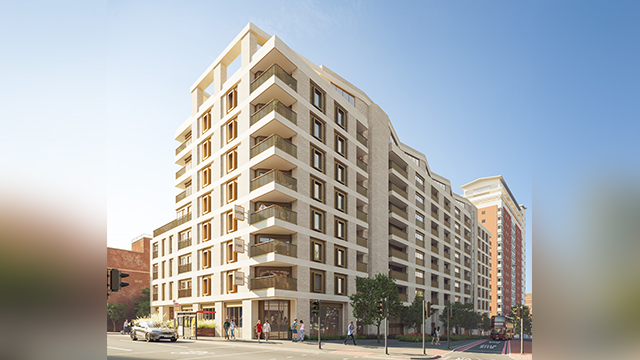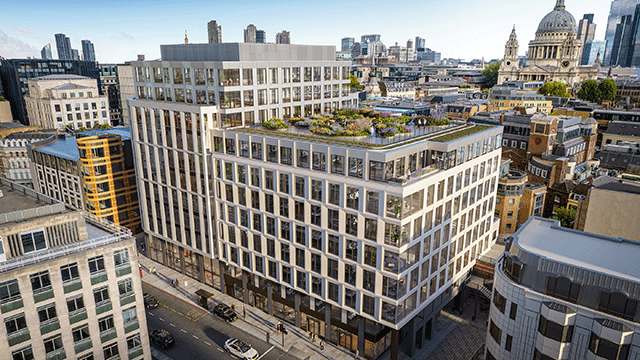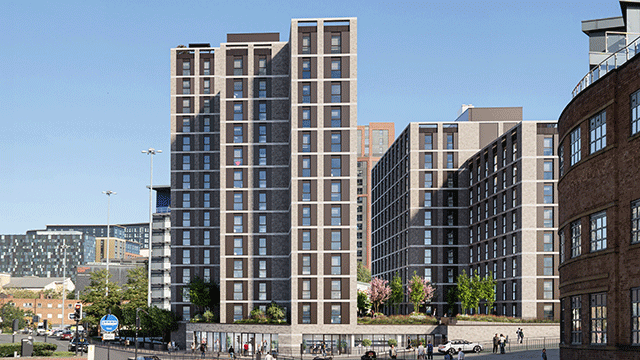The planning Green Paper is no more than a collection of good-hearted ideas, unevenly yoked together by platitudes, says John Gummer
Well, the government’s long awaited Green Paper has arrived. Happily, it has taken up at least one suggestion first proposed here in Estates Gazette. We demanded that, for a major strategic planning issue, the government should pin its colours to the mast. Thereafter, parliament should have a chance to support or oppose that proposition. In principle, that is what is being put forward here.
However, the devil is in the detail and we shall have to see whether the government is really prepared to say how these major cases are to be defined, in what form it will present its case, and in what kind of committee parliament should make its views known. Parliament is held in such general contempt that it will be vital to produce a mechanism that is seen to be truly independent and not merely the creature of the Whips. Mr Blair will find that a difficult concept to follow.
As we know, a Green Paper cannot be too definitive. However, this one is so woolly as to be unarguable. Of course we must have better and wider consultation at grass roots. Of course councils and developers must find ways of reaching out to the whole community. Of course it is important to simplify and speed up the system. All these views have been held universally and for years. The trouble comes in achieving these admirable ends.
There, this document is at its weakest. For example, it says that local authorities’ planning departments need to be properly resourced. Amen to that. It would be the single most effective action to reduce waiting times and improve service. Yet nowhere do they say how, when, or by how much. In the same way, there is nothing new or specific here about community consultation, improved design, new technology, better environmental input, density, or zoning. Instead, the paper reiterates generally acceptable suggestions with no very clear pattern and certainly none of the detail necessary to make a proper judgement.
The end of the counties?
Take the issue of strategic plans. The counties were the traditional place for them. counties also put together the mineral plans and the two tasks ran well together. Now the strategic role goes to the regions but minerals stay with the counties. How on earth does that square with giving the local community more say and more sense of ownership? These regions are for the most part artificial and unconnected with real life. Trying to plan for Cornwall when you’re holed up in Bristol is just barmy and has nothing to do with good planning.
Worse still, the case is just not argued effectively. It’s as if the government feels it must find a role for regions even though the government doesn’t know whether there will be elected assemblies or appointed ones. These are the fundamental issues that must be made clear in the coming months of consultation. Without further and better particulars, this document is no more than a collection of largely good-hearted ideas, unevenly yoked together by platitudes, and studded with good intentions.
Homeowners blackmailed
How many 80-year-olds want to use a children’s swing or mount a kid’s climbing frame? It appears that some of our district councils think that there will be hordes of these agile creatures. These authorities insist that homeowners that want to build a granny annex must pay towards the provision of municipal play spaces before they can get planning permission. They can install chairlifts, widen the doors to take wheelchairs and build bathrooms with all the latest equipment for the frail and aged and the council will still come forward with its compulsory begging bowl. They don’t care that the accommodation isn’t suitable for someone who is young and fit. Even if you bring along the shuffling grandma who is due to occupy the premises, they won’t relent. Instead, they insist: “Either you pay up or you don’t get your permit.”
It is a scandal that no one has cracked down on this kind of blackmail. Either it is right to give planning permission or it is not. It is not a privilege, kindly bestowed by an all-knowing council. It is your right to do what you want with your own home and their duty to allow it unless there is some overwhelming community interest that makes such a development impossible. Approval for converting a building for old people should not be linked to the provision of facilities for children, however much others may need those facilities. That provision should be funded from general tax revenues and not from those decent enough to seek to house their own grannies instead of thrusting them on to the state.










